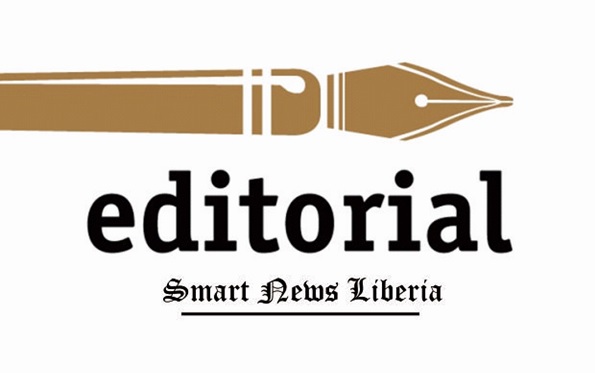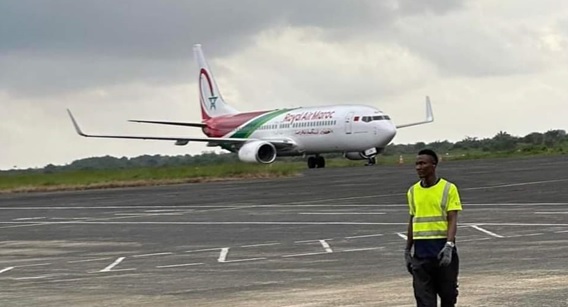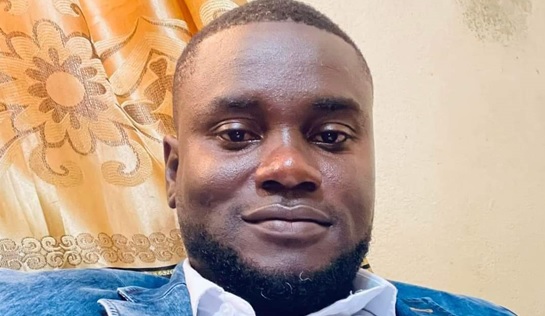In recent months, President Joseph Boakai has embarked on a sweeping campaign of dismissals within the Liberian government, particularly targeting officials appointed by the previous administration of former President George Weah. This aggressive reshuffling has sent shockwaves through the political landscape, sparking concerns of a deliberate purge aimed at weakening the largest opposition party, the Coalition for Democratic Change (CDC). The dismissal of civil servants and public officials with ties to the Weah administration appears less about governance and more about consolidating power, setting a dangerous precedent for democracy in Liberia.
Critics have been quick to point out the administration’s blatant disregard for legal precedents. Despite a Supreme Court ruling that prohibits the replacement of tenure-holding officials without proper cause, the Boakai administration has brazenly ignored this directive, removing key figures from their posts without justification. This trend extends beyond top-level officials to civil servants, who are being forced out in what many describe as a purge of opposition voices.
Political analysts warn that these dismissals undermine the very fabric of Liberia’s democracy. In a functioning democracy, public servants—especially those in tenure-protected roles—should be safeguarded from politically motivated retribution. Yet, Boakai’s administration seems intent on using its power to stamp out opposition, dismantling any remnants of the Weah government and leaving a trail of disenfranchised Liberians in its wake.
Even more alarming is the administration’s willingness to deploy force against its political rivals. Just last week, armed police officers stormed the headquarters of the CDC during a peaceful gathering. This came on the heels of an earlier incident in which soldiers and police were deployed at Roberts International Airport as crowds gathered to welcome Weah. These authoritarian-style crackdowns signal a clear message: dissent will not be tolerated under Boakai’s rule.
The decision to suspend the Central Bank Executive Governor J. Aloysius Tarlue without legal backing, along with the coercion of the deputy governor for operations to resign, is further evidence of the administration’s troubling trajectory. Unconfirmed reports suggest that similar pressure is being applied to the head of the Fishery Department, raising fears that Boakai’s government is intent on removing anyone perceived as disloyal.
Such actions not only erode public trust in government institutions but also cast a long shadow over Liberia’s political future. When a government seeks to eliminate political opposition rather than engage in dialogue or compromise, it sets the stage for instability and repression. The Boakai administration’s growing pattern of dismissals, coupled with its willingness to use force, is a worrying sign of a democracy on the brink.
Liberia has endured too much to allow authoritarianism to take root. The international community, civil society, and ordinary Liberians must hold President Boakai accountable for these dangerous actions. Democracy thrives on diversity of thought and opposition, and by stifling dissent, the Boakai administration risks undoing decades of progress. If Liberia is to maintain its democratic integrity, it must reject the politics of purging and embrace an inclusive, transparent, and lawful approach to governance.







